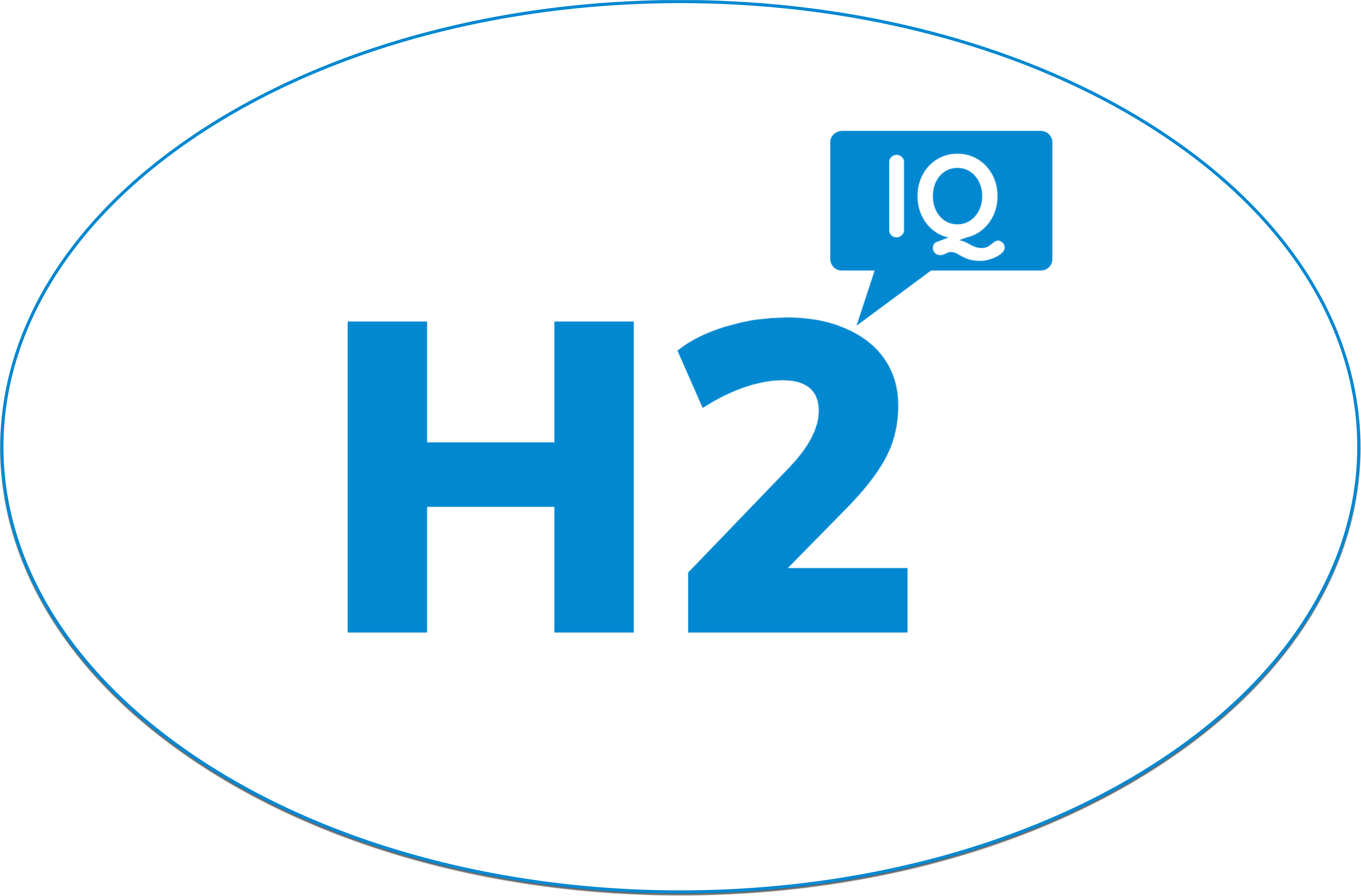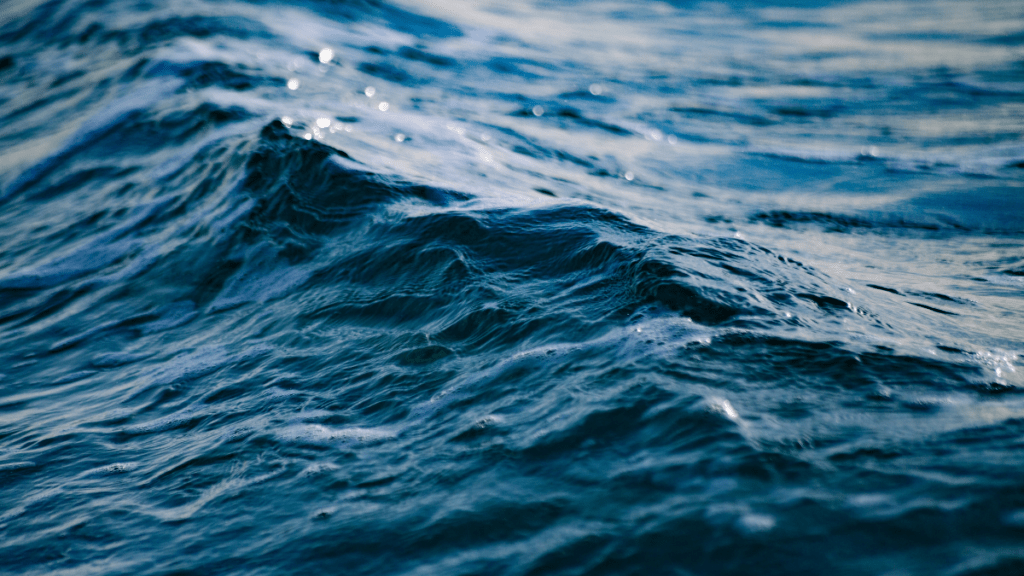
Seawater, which comprises more than 95% of the Earth’s water, could become a key resource in the sustainable production of clean hydrogen fuel with use of water-splitting catalysts developed by a KAUST-led team.
Water splitting could offer an appealing way to carbon neutrality, especially when coupled with renewable energy sources such as solar and wind power. Water splitting involves the breakdown of water in an electrochemical cell to produce hydrogen at the cathode while generating oxygen at the anode under applied voltage. Yet, hydrogen and oxygen evolution catalysts that perform well in fresh water become less effective in seawater because of abundant ions that can promote unwanted reactions and poison catalysts.
Highly corrosive chloride ions present in seawater undergo complex reactions that compete with oxygen evolution and generate harmful compounds, such as hypochlorite. Because hydrogen production hinges on stable and efficient reactions at both electrodes, these ions are a major challenge for seawater splitting.
Chemist Huabin Zhang explains that hypochlorite formation can occur because it demands a lower operational voltage to meet industrial needs than the oxygen evolution reaction.





